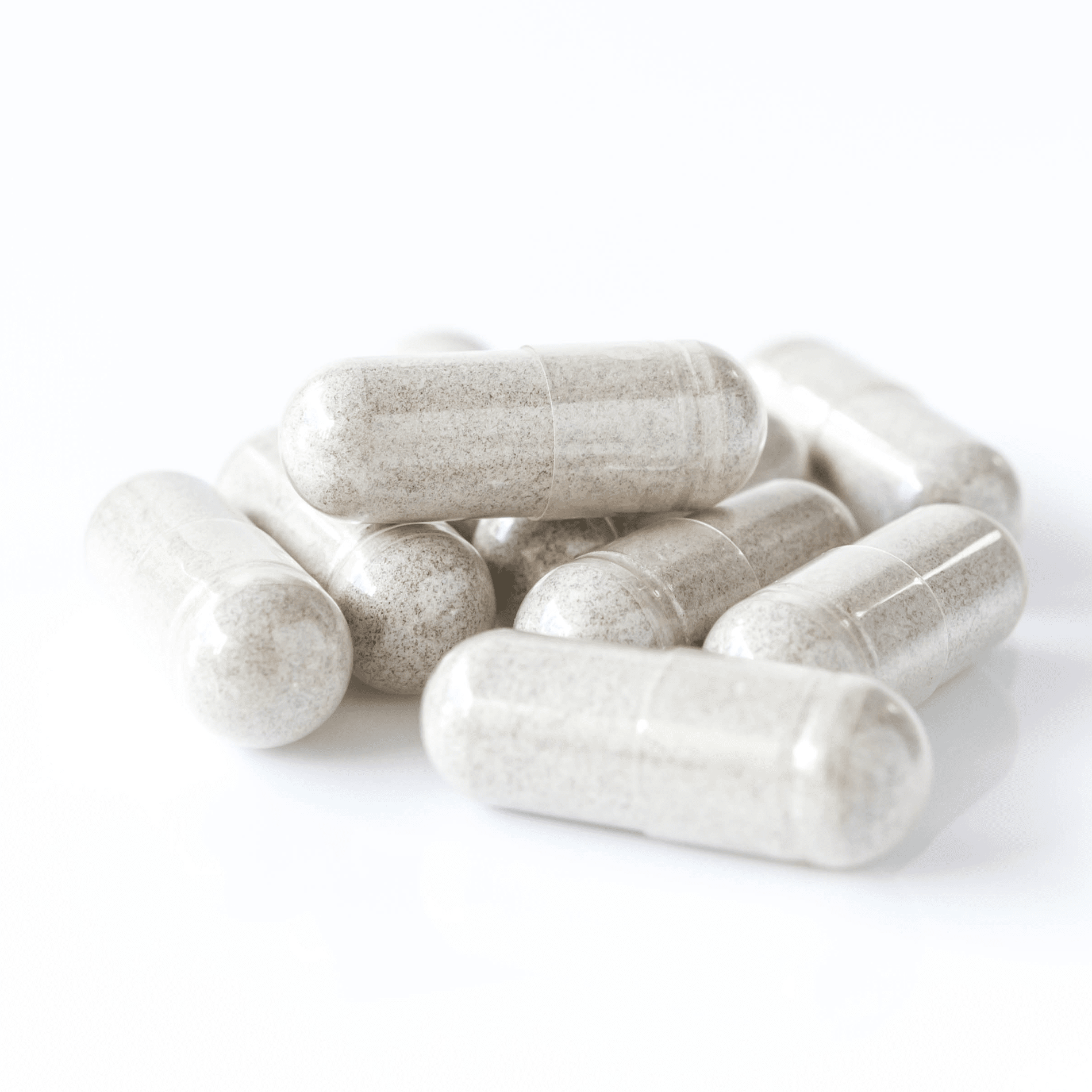When should I NOT take probiotics?
Probiotics can be taken in almost any circumstances and by all ages. More information can be found in our frequently asked questions and by reading the article: Are probiotics safe to take?
However, there are a very small number of circumstances when we recommend that they are NOT taken without a discussion with your doctor first as they may be contraindicated with either a medical condition or another drug.
In this article we look at:
- What is a contraindication?
- What medical conditions may be contraindicated with probitoics
- Are there any drugs or supplements with which live cultures may be contraindicated?
- Are there any side-effects of probiotics?
- Summary
What is a contraindication?
A contraindication is a specific situation (or medical condition) in which a drug, natural remedy, medical procedure, or even surgery should not be used because it may be harmful to the patient.
What medical conditions may be contraindicated with probiotics?
The list of patients for whom probiotics are contraindicated is relatively short in comparison to many other natural remedies or herbal supplements. However, probiotics are not recommended for use in just a few serious medical conditions, which are listed below:
- For those who are severely immunosuppressed1,5
- For those who have pancreatitis2
- For patients who are in the ICU1
- For those that have melaena (dark blood in their faeces)
- For those with a central venous catheter3
- For infants with short bowel syndrome4
- For patients with open wounds following major surgery6

It should be noted however, that these medical circumstances have only been highlighted as there is limited research on how probiotics react with them. The recommendation is therefore, that probiotic supplements are not taken in these circumstances unless with the advice of a doctor. We also suggest you contact the supplement manufacturers directly for guidance on their products.
In addition to the above contraindications, it is also recommended that pregnant or breastfeeding women consult their doctor before taking certain live culture strains. Within the Optibac range, most of the strains of bacteria used are safe during pregnancy and breast-feeding. (This is always indicated on our packaging, which displays the ‘suitable in pregnancy’ symbol where applicable).
There is however one strain of friendly bacteria within our range, which is lacking in clinical evidence for use in pregnant women. For this reason, Saccharomyces boulardii does not carry the ‘suitable in pregnancy’ symbol, and we recommended to discuss its use with a doctor during pregnancy.
Are there any drugs or supplements with which probiotics may be contraindicated?
There are no known contraindications with medical drugs or supplements, however there are some probiotic interactions that should be considered when taking certain medications or supplements:
- If taking a probiotic alongside antibiotics you would need to take these 1-2 hours away from your medication, unless taking a probiotic supplement which is specifically formulated for taking with antibiotics. For more information on this please see our blog on taking probiotics with antibiotics. This may also be a consideration when taking a probiotic alongside other natural supplements which have an anti-microbial action.
- If you are taking anti-fungal medication or natural supplements with anti-fungal properties, then again you would need to take probiotic yeasts, such as Saccharomyces boulardii at a different time of day.
- If you are taking immunosuppressant medication, or steroid medication such as prednisone, then you should speak to your doctor before taking probiotics. See this FAQ for more information: 'I'm severely immunosuppressed: why can't I take probiotics?'
Are there any side-effects of probiotics?
Probiotics generally have very few side-effects, and the majority of people take them without any negative effects at all. For some individuals however, there may be a period of ‘adjustment’ in the gut when they start taking a new live cultures product.
Mild symptoms such as: bloating or wind can occur as a result of the changes taking place within the microbial population of the gut. Changing the composition of the microbiome is of course the goal of taking probiotics, so this change is a positive one, however temporary symptoms can occur as a result. Most people find that probiotics benefits far outweigh any short-lived discomfort, however if side-effects persist it is recommended to contact the manufacturer for advice.
To read more about this check out the FAQ: Do probiotics have side-effects?
Health professionals may also like to head over to The Probiotics Professionals site to read: Probiotics and side-effects. An in-depth review.
Summary
For the vast majority of people probiotics are very safe to take. For those individuals that do fall within one of the few contraindicated groups, they should always seek advice from their doctor before taking any live cultures supplements.
Often the contraindications are based around one or two isolated cases of a negative health outcome after taking probiotics. These cases could, in many instances, have resulted from other health factors just as easily as the probiotic use. However, it is always necessary to err on the side of caution, which is why the guidelines exist.
You may like further information on the following:
Can I take probiotics if I am taking Warfarin?
Can I take probiotics if I have diabetes?
Healthcare practitioners can visit Probiotic Professionals to see: Can I become addicted to probiotics?
References
- Stadlbauer, V. et al (2015). Immunosuppression and probiotics: Are they effective and safe? Beneficial Microbes 6(6):1-6. DOI: 10.3920/BM2015.0065
- Gooszen, et al. (2004). Probiotic prophylaxis in patients with predicted severe acute pancreatitis (PROPATRIA): design and rationale of a double-blind, placebo-controlled randomised multicenter trial. J. BMC Surg. doi: 10.1186/1471-2482-4-12
- Cassone M, et al. (2003). Outbreak of Saccharomyces cerevisiae subtype boulardii fungemia in patients neighboring those treated with a probiotic preparation of the organism. J Clin Microbiol. 2003 Nov; 41(11):5340-3
- Kunz, A.N. et al (2004). Two cases of Lactobacillus bacteremia during probiotic treatment of short gut syndrome. J Pediatr Gastroenterol Nutr. 38(4):457-8.
- Riquelme A.J, et al. (2003). Saccharomyces cerevisiae fungemia after Saccharomyces boulardii treatment in immunocompromised patients. J Clin Gastroenterol. 36(1):41-3
- Lundell L1. (2011) Use of probiotics in abdominal surgery; Dig Dis. 29(6):570-3. doi: 10.1159/000332984. Epub 2011 Dec 12.
Popular Articles
View all Probiotics articles-
General Health26 Nov 2025
-
Prebiotics20 Jul 2023
-
Probiotics12 Oct 2023


